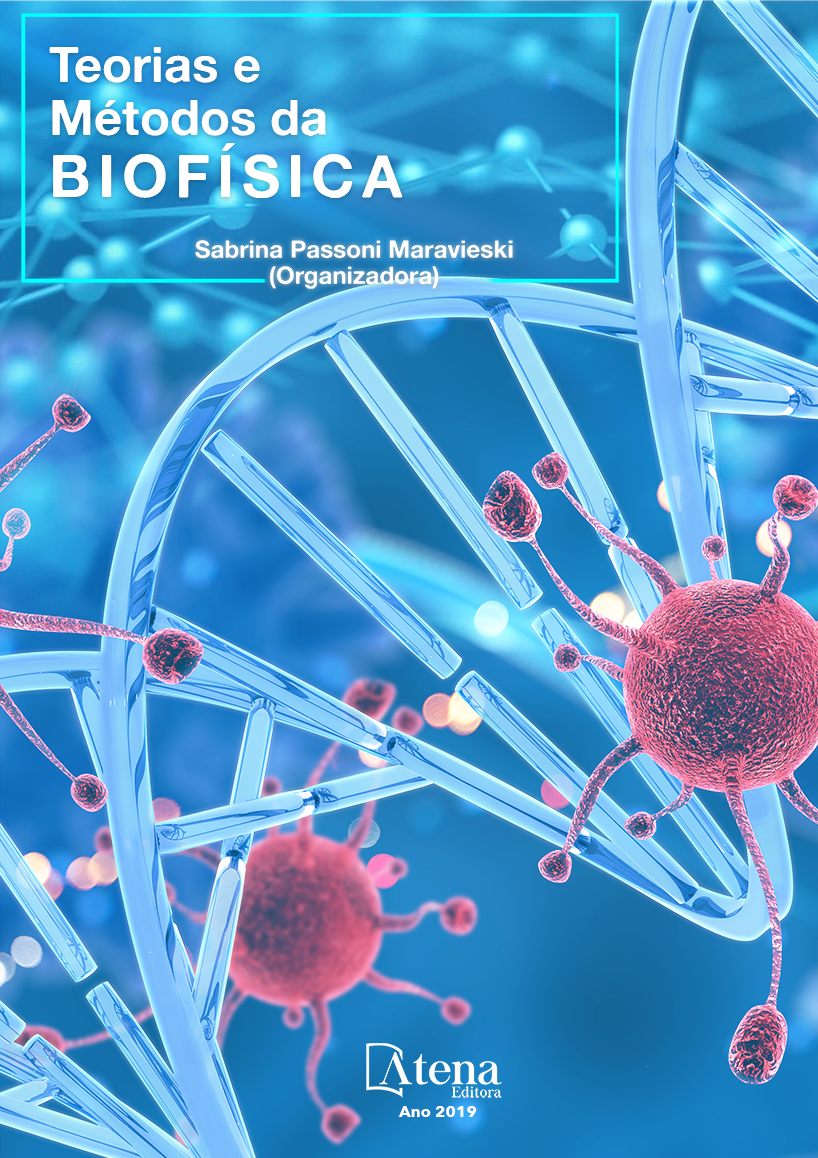
AVALIAÇÃO DA ATIVIDADE LEISHMANICIDA IN VITRO DO EXTRATO ETANÓLICO OBTIDO DO Allium sativum L.
Leishmanioses estão entre as
doenças infecciosas parasitárias de maior
incidência no mundo, refletindo um grave
problema de saúde pública. Considerando
as dificuldades com relação à terapêutica e a
ausência de vacinas, há urgência pela busca
de novas drogas, dentre as quais se incluem
os fitoterápicos. O alho (Allium sativum L.)
apresenta vários compostos químicos que
potencializam as suas diversas atividades
biológicas. O principal objetivo do presente
estudo foi avaliar a atividade leishmanicida
in vitro do extrato etanólico do Allium
sativum L. frente às formas promastigotas de
Leishmania (Leishmania) amazonensis. As
formas promastigotas de L. (L.) amazonensis
(2 x 106 parasitas/mL) foram testadas nas
concentrações de 0,6 a 6 mg/mL para a
obtenção da IC50 pelo método colorimétrico do
MTT. Anfotericina B representou o controle
positivo e como controle negativo, o meio de
cultura. Foram, também, realizados testes
para determinação de metabólitos secundários
(alcalóides e taninos) presentes no extrato
etanólico de Allium sativum L. (EEAsL). Com 72
h de incubação, observou-se que o EEAsL não
apresentou atividade leishmanicida in vitro para
as formas promastigotas de L. (L.) amazonensis.
O EEAsL apresentou pequena quantidade
de alcalóides e considerável quantidade de
taninos. Neste contexto, faz-se necessário
ampliarmos a investigação da atividade in vitro
do EEAsL frente as formas promastigotas de
Leishmania (L). amazonensis, em função de
serem realizadas modificações no processo
de extração do mesmo; visto que, conforme
alguns achados da literatura, tem-se referido
que o extrato de alho obtido por diferentes
metodologias foi capaz de apresentar atividade
contra outras espécies de Leishmania.
AVALIAÇÃO DA ATIVIDADE LEISHMANICIDA IN VITRO DO EXTRATO ETANÓLICO OBTIDO DO Allium sativum L.
-
Palavras-chave: Allium sativum L. Leishmaniose. Atividade leishmanicida
-
Keywords: Allium sativum L . Leishmaniasis. Leishmanicidal activity
-
Abstract:
Leishmaniasis is among the most prevalent infectious parasitic diseases
in the world, reflecting a serious public health problem. Considering the difficulties
with therapeutics and the absence of vaccines, there is an urgent need for the search
for new drugs, among which phytotherapics are included. Garlic (Allium sativum L.)
presents several chemical compounds that potentiate its various biological activities.
The main objective of the present study was to evaluate the in vitro leishmanicidal
activity of the Allium sativum L. ethanolic extract against Leishmania (Leishmania)
amazonensis promastigotes. The promastigote forms of L. (L.) amazonensis (2 x 106
parasites/mL) were tested at concentrations of 0.6 to 6 mg/mL to obtain the IC50 by the
MTT colorimetric method. Amphotericin B represented the positive control and as the
negative control, the culture medium. Tests were also carried out for the determination
of secondary metabolites (alkaloids and tannins) present in the Allium sativum L.
ethanolic extract (EEAsL). At 72 h incubation, it was observed that the EEAsL showed
no leishmanicidal activity in vitro for the promastigote forms of L. (L.) amazonensis.
The EEAsL presented small amounts of alkaloids and considerable amount of tannins.
In this context, it is necessary to expand the investigation of the in vitro activity of
the EEAsL against the promastigotes forms of Leishmania (L). amazonensis, due to
changes in the extraction process; since, according to some literature findings, it has
been reported that the garlic extract obtained by different methodologies was able to
present activity against other species of Leishmania.
-
Número de páginas: 15
- Gleyka Daisa de Melo Santos
- Erwelly Barros de Oliveira
- Paloma Lys de Medeiros
- Eliete Cavalcanti da Silva
- João Soares Brito da Luz


